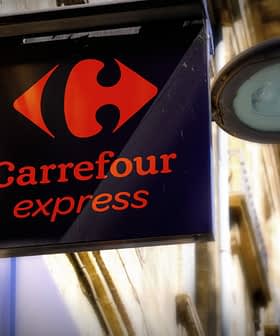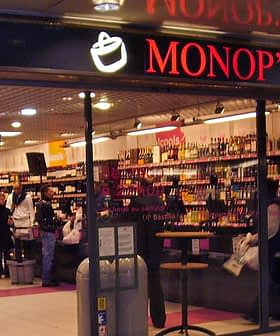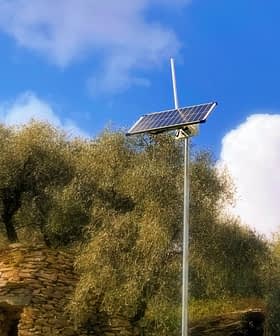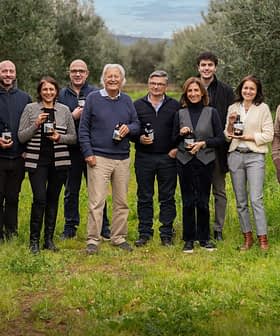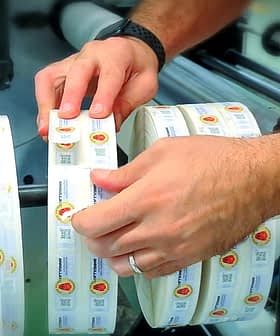After Algorithm Update, French Cheese Producers Renew Criticism of Nutri-Score
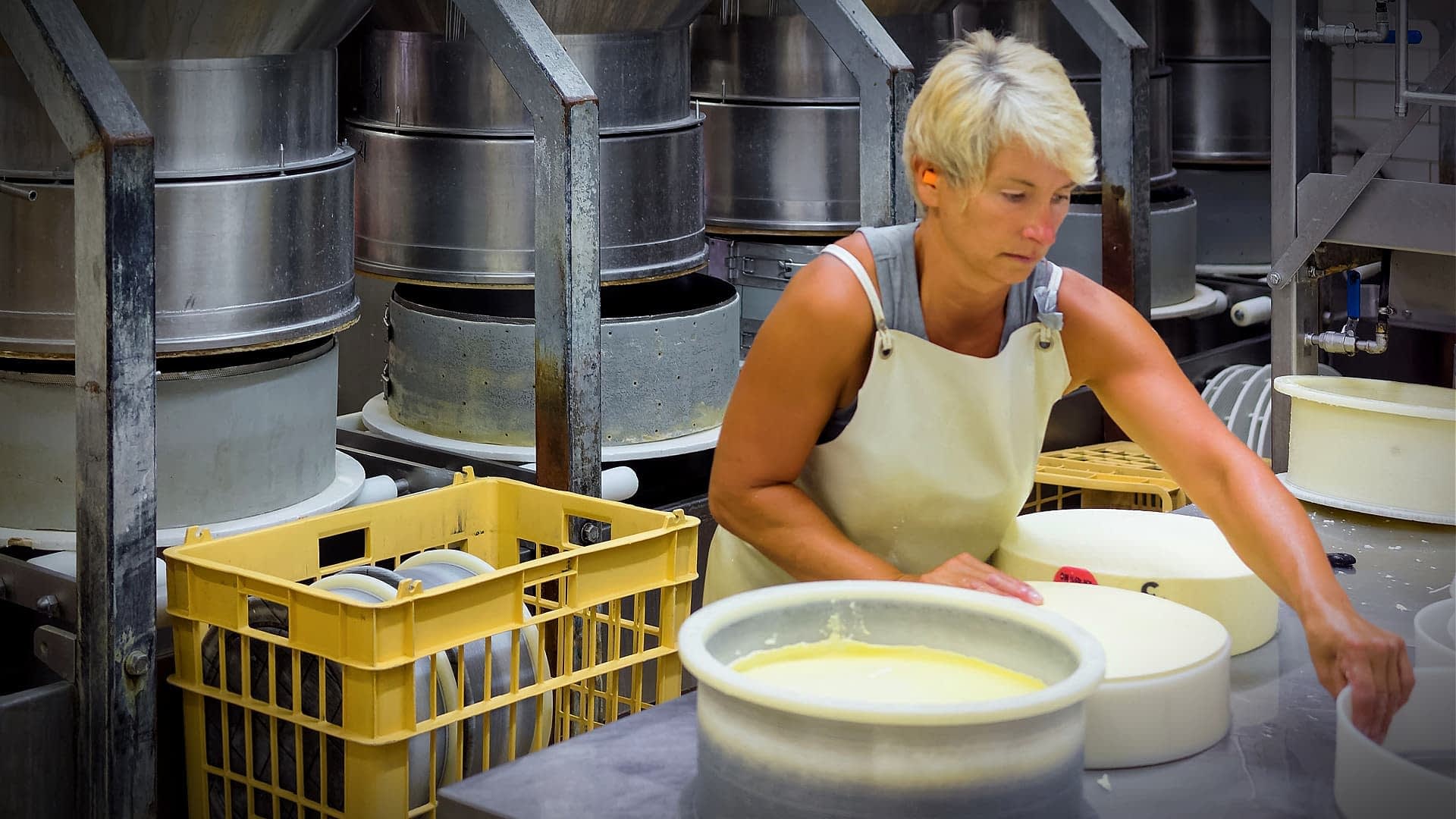
French cheese producers are protesting the Nutri-Score FOPL system, fearing negative impacts on sales if it becomes mandatory in the European Union. The National Council of PDO-Certified Specialties argued that the algorithm update unfairly penalizes traditional cheeses, while Italy’s former agriculture minister believes Nutri-Score is unlikely to become mandatory across the EU.
Cheese producers in France are once again protesting against Nutri-Score, the nutritional front-of-pack labeling (FOPL) system created by scientists in the country.
They fear that sales would be impacted negatively if the controversial food rating system is made mandatory by the European Commission. Nutri-Score ratings are currently voluntary in France.
The new offensive against Nutri-Score comes on the heels of the recent update to the algorithm used to determine ratings.
See Also:French Draft Bill to Exclude PDO and PGI Products From Nutri-ScoreThe National Council of PDO-Certified Specialties (CNAOL) asked the French government to ensure that cheese makers would be considered in the update.
However, it did not help the ratings of most cheeses, including those with a Protected Designation of Origin (PDO) certification, which is reserved for traditional food specialties. Some ratings were even revised downward due to fat and salt contents penalized by Nutri-Score.
“It’s disastrous,” council chairman Hubert Dubien said. “The modifications have made nothing better. It’s even worse for some [cheeses].”
Cheese producers have criticized the algorithm update, arguing their traditionally-produced products should not receive the same rating as processed foods, including frozen pizzas and vanilla ice cream.
Nutri-Score is a traffic-light-style FOPL that uses a combination of five coordinated colors and letters to rate how healthy a packaged food item is based on its fat, sugar, salt and calorie content per 100-gram or milliliter serving. The “Green A” indicates the healthiest option, and “Red E” denotes the least healthy.
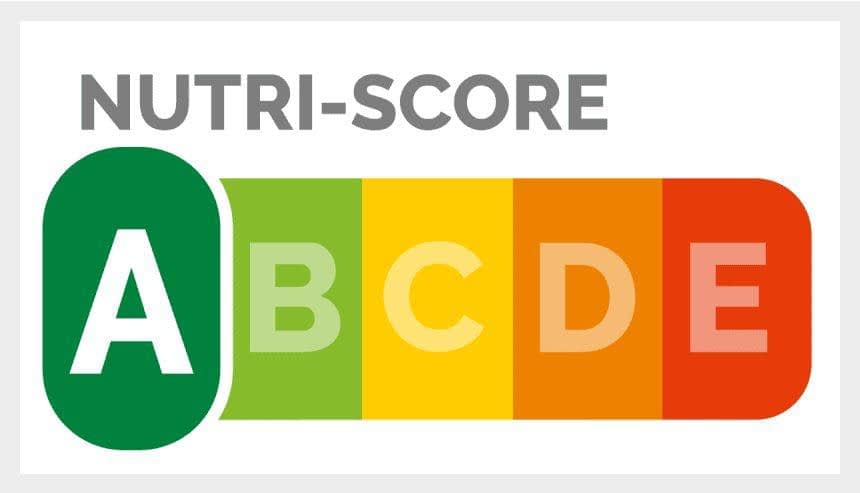
The creators and backers of Nutri-Score said the rating system is meant to help consumers make choices among products in the same category, such as edible oils, and is not meant for cross-comparisons.
In response to the Nutri-Score ratings, the council released a document demonstrating the cultural qualities of PDO cheese production.
The document showed that nearly 78 percent of PDO cheeses are made from raw milk, meaning the milk is not heated above 40 ºC before production. They also stated that 28 of 46 PDO kinds of cheese are exclusively made with raw milk.
Producing cheese with raw milk preserves its micro-organisms, which influences the final taste of the cheese. The council argued that these micro-organisms are the essence of local cheese traditions.
Meanwhile, in Italy, a member of the previous government, which lost power in the September elections, said Nutri-Score is unlikely to be adopted by the European Union as its mandatory FOPL.
Stefano Patuanelli, the former agriculture minister, told Il Sole 24 Ore that “when we were put in charge [of the ministry], the fight against Nutri-Score seemed without hope. Instead, we can say that if the game has ended, it has ended for the traffic-light labeling system.”
Italy has long been home to some of Nutri-Score’s most outspoken critics, with many rallying behind the rival Nutrinform Battery FOPL.
According to Patuanelli, the European health commission’s general direction has already said that a traffic light FOPL does not provide enough information to consumers.
However, the European Food Safety Agency and Joint Research Center found that FOPLs like Nutri-Score might influence consumers to make healthier choices.
The European Commission said it will adopt a mandatory pan-European FOPL before March 2023.



